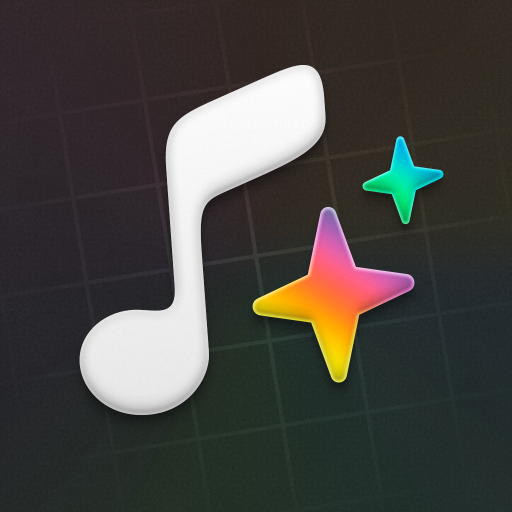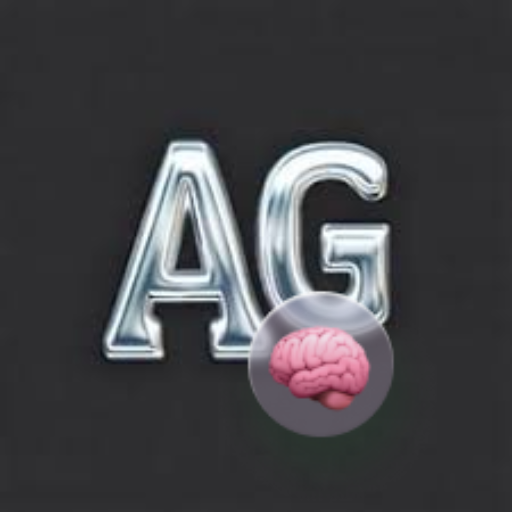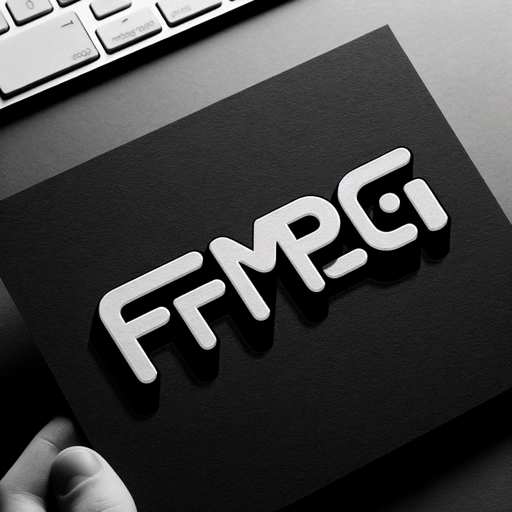Music Guide-AI-Powered Music Guide Tool
Deep insights for musicians, powered by AI.
Music theory and composition guide.
Explain harmonic progression.
Compose a baroque-style melody.
Analyze this chord sequence.
Jazzy chrods progressions for liquid drum and bass
Related Tools
Load More
PlaylistAI - Music Playlist Maker
Connect your Spotify, Apple Music, Amazon Music, or Deezer account to create music playlists in your library.

Music Maestro
A personalized music creation assistant for enthusiasts and creators.

Movie TV-Show Guide
🔷#𝟏 𝐏𝐞𝐫𝐬𝐨𝐧𝐚𝐥𝐢𝐳𝐞𝐝 𝐌𝐨𝐯𝐢𝐞 𝐚𝐧𝐝 𝐓𝐕 𝐆𝐮𝐢𝐝𝐞🔷

Music Nerd
Enthusiastic and knowledgeable music history expert.

Song Finder
Identifies songs from clips on Instagram, TikTok, and more.

Music Theory
Expert in music theory, reads/writes notes, analyzes compositions. The Chord Creator feature is a must try!
20.0 / 5 (200 votes)
Overview of Music Guide
Music Guide is a specialized AI designed to provide in-depth knowledge and guidance on music theory, composition, performance techniques, and musicology. Its primary function is to serve as an academic resource for those seeking to deepen their understanding of music across various genres and historical periods. By utilizing advanced language processing capabilities, Music Guide delivers precise, well-researched, and comprehensive responses tailored to the specific needs of musicians, educators, students, and music enthusiasts. For example, a composer might use Music Guide to explore intricate details of counterpoint in Baroque music, while a student may seek a thorough explanation of sonata-allegro form.

Core Functions of Music Guide
Detailed Explanations of Music Theory
Example
Explaining the role of secondary dominants in harmonic progressions.
Scenario
A music student working on a harmonic analysis assignment could consult Music Guide to understand how secondary dominants function within the context of a classical piece. The AI could provide examples from various compositions, illustrating how these chords create tension and lead to resolution.
Composition and Arranging Advice
Example
Offering guidance on orchestrating a piece for a string quartet.
Scenario
A composer struggling with balancing the voices in a string quartet might use Music Guide to explore different arranging techniques. The AI could suggest methods for achieving clarity in polyphonic textures, using examples from composers like Beethoven or Bartók.
Historical Context and Musicology Insights
Example
Providing background on the development of the fugue during the Baroque period.
Scenario
An educator preparing a lecture on Baroque music could use Music Guide to gather detailed information about the evolution of the fugue. The AI might offer insights into key composers, such as J.S. Bach, and explain how the form was used and developed over time.
Target Users of Music Guide
Music Students
Music Guide is an invaluable resource for students at all levels who are studying music theory, composition, or music history. By providing clear explanations and examples, the AI helps students grasp complex concepts, prepare for exams, and complete assignments with a deeper understanding of the subject matter.
Composers and Arrangers
Composers and arrangers can benefit from Music Guide's ability to offer detailed advice on various aspects of music creation. Whether working on a new piece or refining an arrangement, these users can rely on the AI for inspiration, technical guidance, and solutions to specific compositional challenges.

Guidelines for Using Music Guide
Visit aichatonline.org for a free trial without login, also no need for ChatGPT Plus.
Access the website to begin using Music Guide without any preliminary registration. This ensures immediate engagement with the tool, bypassing typical barriers to entry.
Familiarize Yourself with the Interface
Spend some time navigating the user interface. Understanding the layout and functionalities available will enhance your experience, making it easier to access the detailed responses and in-depth information that Music Guide provides.
Specify Your Query or Task
Clearly define your question or the task you want to accomplish. The more specific your input, the more tailored and relevant the response from Music Guide will be, particularly for complex or nuanced topics.
Explore the Detailed Responses
Take advantage of the comprehensive answers provided by Music Guide. These are rich in content, varied in nature, and designed to address your needs thoroughly, whether you're seeking academic insight or practical guidance.
Utilize Advanced Features and Tips
Leverage any additional functionalities, such as formatting options, detailed breakdowns, or cross-referencing capabilities, to optimize your usage. This will help you gain a deeper understanding and achieve the best results from your interaction.
Try other advanced and practical GPTs
AI Comic Maker
Create comics with AI-driven precision.

GPT Builder V2.4 (by GB)
Create Custom AI-Powered GPTs Effortlessly

Full Stack Developer
Your AI-Powered Full Stack Coding Assistant

PDF Analyzer
AI-driven insights for every page.

Film Developer
AI-powered creativity for filmmakers.

Roast my website
AI-powered humor meets website critique.

Sports Betting Master
AI-Powered Insights for Smarter Bets

Scholar AI
AI-powered educational support tool.

AutoGen Builder 🧠 v0.2.4
AI-powered multi-agent task automation

FFmpeg Knowledge Expert
Expert AI assistance for all your FFmpeg needs.

PDF/DocX Creator
AI-powered LaTeX Document Creation

Itinerary Planner - Globetrotter Guide
AI-powered tool for personalized travel plans

- Academic Writing
- Research
- Music Theory
- Composition
- Practical Tips
Common Questions About Music Guide
What makes Music Guide unique compared to other AI tools?
Music Guide stands out for its scholarly approach to music theory and composition, providing in-depth, technically accurate, and thoroughly considered responses. It’s tailored for both seasoned musicians and students, ensuring that answers are rich in detail and precisely aligned with academic standards.
Can Music Guide assist with advanced music theory questions?
Absolutely. Music Guide is equipped to handle complex questions in music theory, offering detailed explanations that cater to advanced topics such as counterpoint, harmonic analysis, and compositional techniques, ensuring users receive a deep and nuanced understanding.
How can I best utilize Music Guide for academic purposes?
To maximize academic benefits, specify your query with as much detail as possible. Whether it's for writing, research, or studying, Music Guide provides comprehensive responses and suggestions, aiding in the development of well-rounded academic work.
Does Music Guide offer practical tips for music composition?
Yes, Music Guide not only covers theoretical aspects but also provides practical advice for composition. Users can receive detailed guidance on structuring pieces, developing motifs, and employing various compositional techniques effectively.
Is Music Guide suitable for beginners in music?
While Music Guide is highly detailed and scholarly, it is also accessible to beginners. The tool adapts its responses to the user's level of understanding, ensuring that even novice musicians can grasp complex concepts with clear, step-by-step explanations.